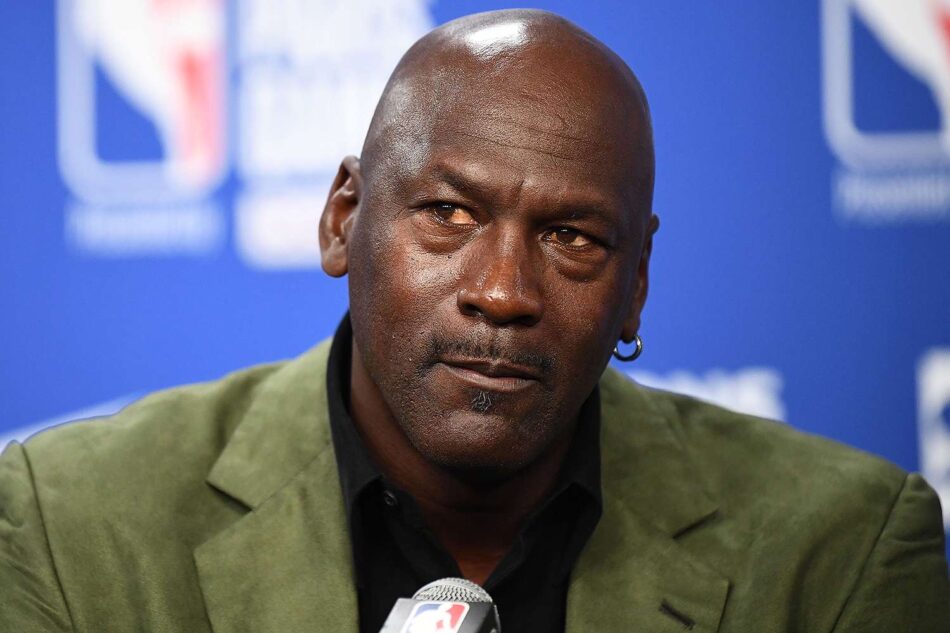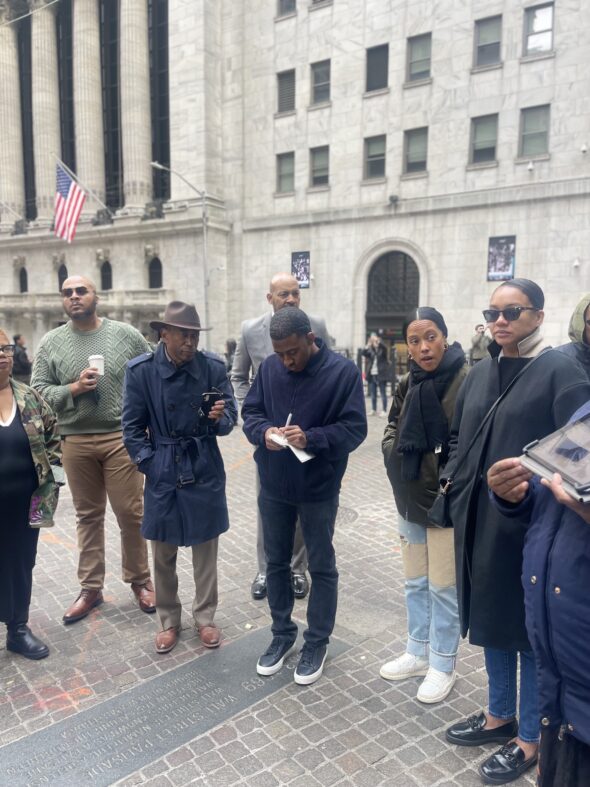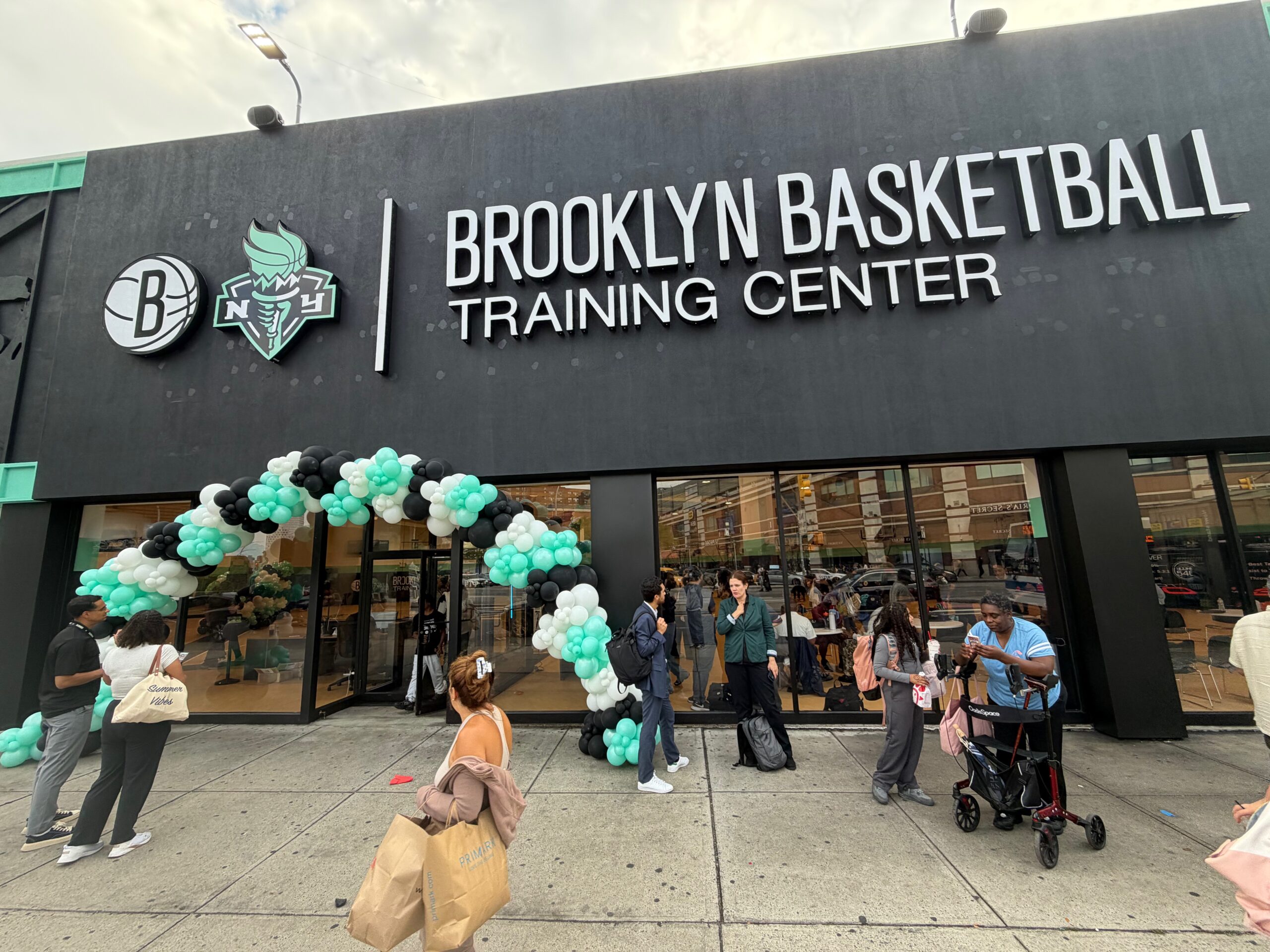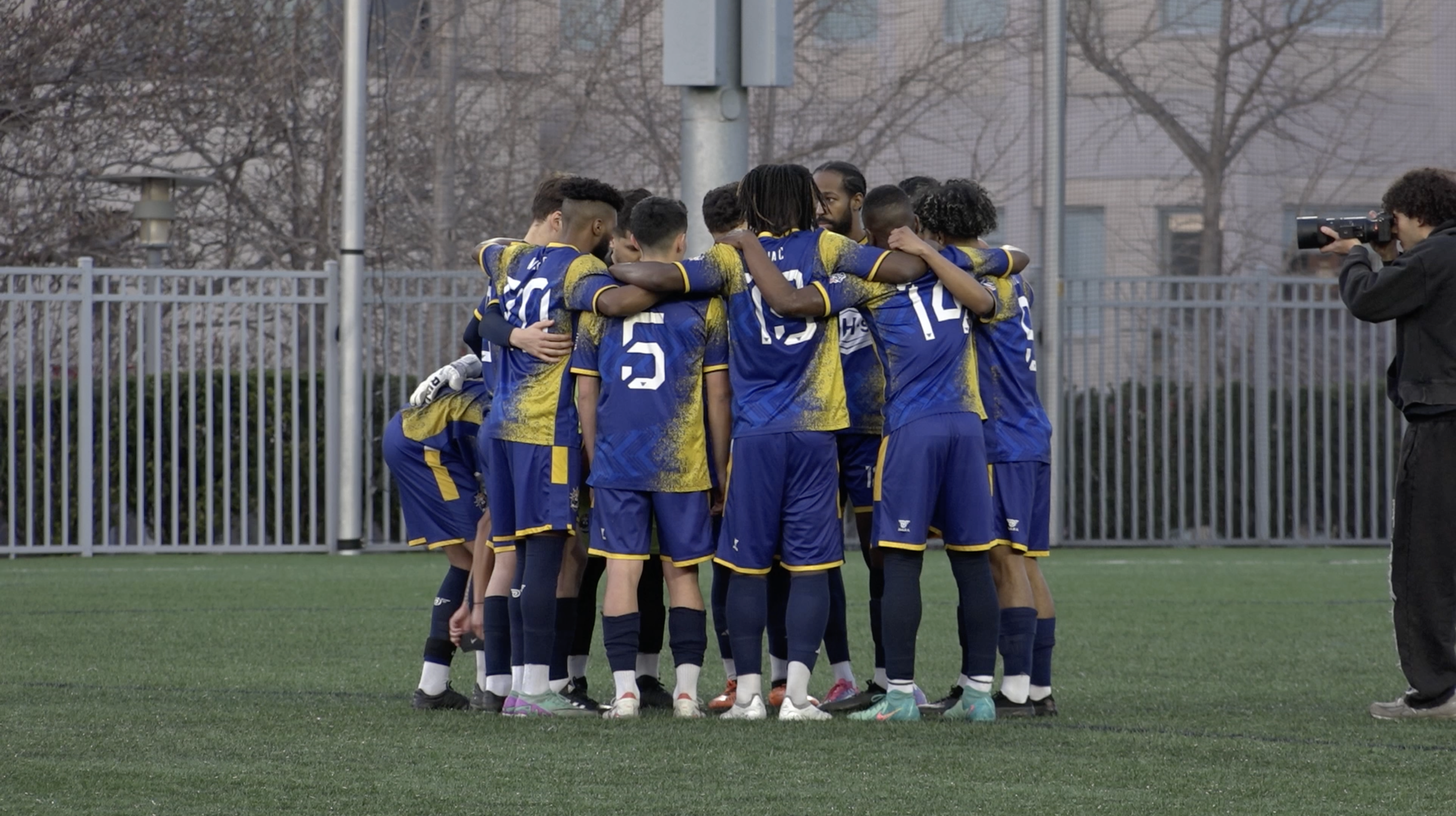Four years ago, I was casually scrolling through my Instagram timeline and witnessed the horrifying footage of George Floyd’s death at the hands of a Minneapolis police officer. It was May 25, 2020. I was 19. I wasn’t the only Black man who experienced the chilling shock of watching the last 8 minutes and 46 seconds of Floyd’s life. There was another African American who saw that footage. He was a lot older than I was, with a face recognized around the world: Michael Jordan.
For nearly 30 years, Jordan, like most athletes, carefully avoided stepping on the minefield of sociopolitical and racial issues. While other Black athletes before him like Muhammad Ali, Arthur Ashe, and Kareem Abdul-Jabbar did not shy away from consistently using their platforms to highlight societal and racial injustices against marginalized communities, Jordan’s silence was ominous. As a star with millions of fans, he was pressed to respond to racial issues for which he, as a superb athlete raised to sports excellence, was fairly, or unfairly, pressed.
In 1991, the senseless beating of Los Angeles motorist Rodney King by Los Angeles police roiled the nation. Jordan was asked for his thoughts and replied, “I need to know more about it.” In his home state, Jordan drew a barrage of criticism for refusing to participate in an advertisement endorsing Democratic U.S. senate candidate Harvey Gantt against GOP incumbent Jesse Helms. Gantt, the first Black Mayor of Charlotte from 1983-1987, lost to Helms, who left the Democratic party in the 1960s in opposition to Civil Rights Legislation and also opposed making Rev. Dr. Martin Luther King’s birthday a national holiday. Jordan’s response was, “Republicans wear sneakers, too.”
Following Floyd’s death, Jordan, who quietly did generous philanthropic work for The United Negro College Fund, Boys & Girls Clubs of America, Jackie Robinson Foundation, Make-A-Wish Foundation, and the 9/11 victims among others in previous years, was moved to speak out. He issued a statement on behalf of his company Jordan Brand.
“I don’t have the answers, but our collective voices show strength and the inability to be divided by others. We must listen to each other, show compassion and empathy, and never turn our backs on senseless brutality,” the statement said.
That was followed by a monster, $100 million Black Community Commitment campaign from his company to work toward racial equality and justice.
In retrospect, it makes sense to consider how Jordan got here. He spent his career in a curious position. On one hand, he was the league’s highest paid player. In 1996, he signed the single season biggest contract ever with the Chicago Bulls, a one-year, $30.1 million deal, according to NBC News Chicago. On the other hand, he was pressured by the public to weigh in on issues that most other professional athletes of his time studiously avoided. In the long run, however, Jordan’s approach seeks long term results and demands respect.
Jesse Washington, currently a senior writer and one of the founding writers at ESPN’s Andscape, penned an article titled, “We Finally Have Answers About Michael Jordan and ‘Republicans Buy Sneakers, Too.’ During a phone interview, he spoke glowingly about how Jordan set the precedent for athletes in the future to be outspoken on social justice issues.
“It’s easy for people to say, ‘Oh, Michael Jordan should have done this, or Michael Jordan should have done that,’” Washington said. “But in reality, Michael Jordan created the environment for a LeBron James to be very politically outspoken, and yet still a commercial superpower.”
“Jordan took the first step,” he said. “He was a Black man, with more endorsements than any athlete in the world, and audiences of all races and political persuasions loved him. He set that template for athletes to do what they are doing now.”
Frankly, it’s easier to be outspoken on issues when you’re a superstar on a max contract, rather than the 12th man on the bench working on a 2-way non-guaranteed deal. Nevertheless, several NBA players now see an avenue to leverage their fame for the greater good.
Notable among them are Lakers star LeBron James, who was once told by a Fox News commentator to “shut up and dribble” after he spoke on social issues. James then founded a voter advocacy organization to help inform the Black electorate. Stephen Curry advocated for the passage of the Freedom to Vote act, winning him the Kareem Abdul-Jabbar Social Justice Champion Award. After Jaylen Brown signed a five-year, $304 million contract, he insisted on bringing back Black Wall Street to Boston and to attack the wealth disparity gap. NBA playoff games in the Orlando bubble in 2020 were postponed as the players struck in protests after the police killing of Jacob Blake in Wisconsin.
Few athletes have gone as far as Jordan, whose thoughtful, 10-year, $100 million Black Community Commitment plan of June 2020 lays a foundation for seismic change against systemic racism based on four pillars; economic justice, social justice, education, and narrative change.
In November 2023, the Jordan Brand hosted a “Breaking Bread,” two-day event in New York for its partner organizations: The Blackhouse Foundation, ColorCreative, The Opportunity Agenda, StoryCorps, and my alma mater Morehouse College. I attended the conference as a 2023 recipient of the Jordan scholarship for sports journalism at Morehouse. The Ida B. Wells Society for Investigative Journalism and BlackStar projects were also included in that event.
The new Jordan model demands more from corporations who do little more than post statements and still profit off their Black consumers. As a core element of the Black Community Commitment, Jordan Brand fosters collaboration among Black storytellers to drive narrative change. It aims to cultivate the storytelling of the Black experience. In this new age of artificial intelligence and plethora of misinformation, narrative change is more crucial than ever.
“It didn’t just feel like, ‘Oh, we’re just gonna send you some swag,’” said Denise Davis, a board member of The Blackhouse Foundation and co-founder of ColorCreative. “It was like, no, we’re gonna create an experience that also allows us to have these different organizations who are all kind of doing similar work. Also to network across and find ways of intersection and how we can join forces together to continue to strengthen each of our missions.”
Lisa Nelson-Haynes, the chief programming officer for StoryCorps said, “Personally, I see Michael Jordan and Jordan Brand investing in legacy. You had a lot of organizations, corporations, and businesses all of a sudden putting up these statements about their commitment, but I would say where are they now? But Jordan has decided that not only did this [George Floyd] trigger something in me as a person, but have the influence and financial wherewithal to make a commitment financially across different sectors.”
That sector includes, of course, basketball. Former NBA star and future hall of famer Carmelo Anthony is Jordan Brand’s first signature athlete.
“I have been with Jordan Brand for a long time,” Anthony said, “so it’s been great to be here, tap back in, and just give back that younger generation and community of inspiring creatives through giving them an opportunity and platform.”
What made Jordan an unbelievable player was his ability to thrive while being in uncomfortable situations on the court. Like his iconic 1989 double-clutch game-winning buzzer beater over Craig Ehlo that sent the Bulls to the second round, or his go-ahead stepback mid-range jumper against Utah in the 1998 Finals that secured his sixth championship title. However, it’s equally important to recognize his visible commitment to tackle racial injustice following Floyd’s death and create a space to have uncomfortable conversations about race, reflecting that same mindset.
It may have taken George Floyd’s death for Jordan to take visible stands on race, but he’s shown it’s never too late when you’re on the mountaintop.




